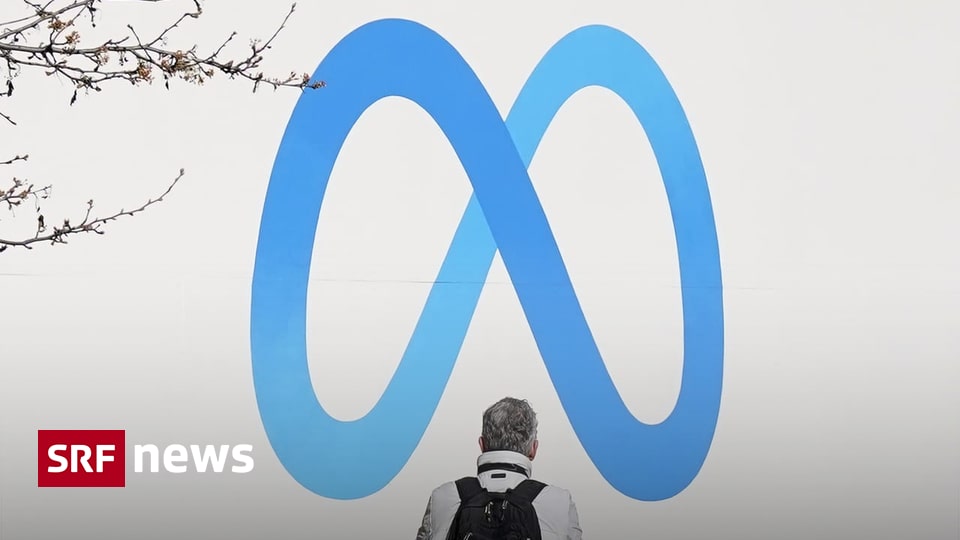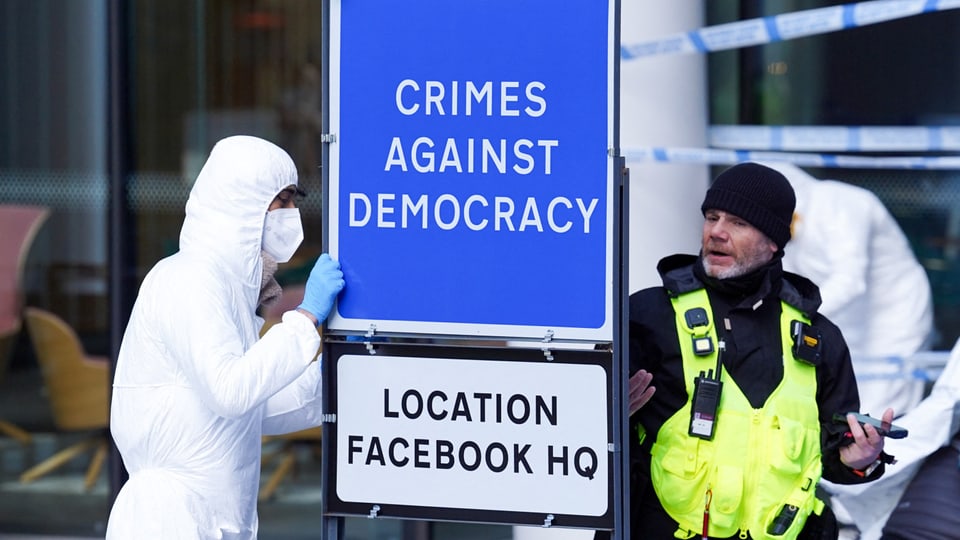
- The European Commission has taken action against Meta, the parent company of Facebook and Instagram, on suspicion of breaching EU law.
- Among other things, it is being investigated whether the US company does not comply with European rules when dealing with political advertising.
EU Commission President Ursula van der Leyen said her authority has developed tools to protect citizens in the EU from targeted disinformation and manipulation by third countries. “If we suspect a violation of the rules, we take action. This applies at all times, but especially during democratic election periods,” van der Leyen said.
Concerns about influencing European elections
The alleged violations include, among others, Meta's failure to adequately combat the spread of false advertising and disinformation in the EU. In addition, the EU Commission suspects that the ability of users to complain about content on sites does not meet the requirements of European law.

Purana:
Demonstrations have already taken place in front of the European headquarters of American company Meta in London (04/17/24). Now the EU Commission is also taking action.
REUTERS/Maja Smiejkowska
Additionally, meta-researchers have ample access to data. Under the new EU law, sites like Facebook will otherwise be subject to heavy fines. The so-called Digital Services Act (DSA) aims to make it easier for users to report illegal content.
In principle, big sites like Facebook and Instagram have to follow more rules than smaller ones. The EU Commission insists that the initiation of measures against Meta only investigates a suspicion and that the authority's initial assessment does not yet represent a final decision.

Purana:
The EU Commission is now gathering evidence, for example through surveys. Pictured is the Meta headquarters in Menlo Park, California.
IMAGO / Pond5 Images
In October, EU Industry Commissioner Thierry Breton issued a warning to Facebook about the highly manipulated content on the platform in relation to elections. He wanted immediate details of the actions taken by Facebook. It was about curbing counterfeiting, Breton wrote, in view of the upcoming elections to the European Parliament.
There are already lawsuits against X and Tiktok
The European Parliament will be re-elected in June. Many in the EU believe that Russia is trying to influence these elections. Belgium has recently made public that intelligence information indicates that there are efforts to elect as many Russia-friendly representatives to the European Parliament as possible.
Last week, the Belgian EU Council Presidency triggered the EU Crisis Response Mechanism (IPCR), which is intended to provide a closer exchange of information on ongoing measures against Russian influence.
Lawsuits are already underway against online platform TikTok and texting service X (formerly Twitter). TikTok, a Chinese company, is investigating whether its TikTok Lite app poses a risk to the mental health of minors.
After reports of illegal and improper contributions to Hamas' attacks on Israel, X was sent a list of questions, which the company did not answer to the EU Commission's satisfaction. Proceedings against X began in mid-December.

“Wannabe pop culture fanatic. Zombie advocate. Entrepreneur. Internet evangelist. Alcohol fanatic. Typical travel buff.”





More Stories
Choosing the Right Quality Management Software for Your Industry
If guests bring items: Can shower gel be packed from the hotel?
Digital Technologies for the Elderly: Increasing Aging at Home – News